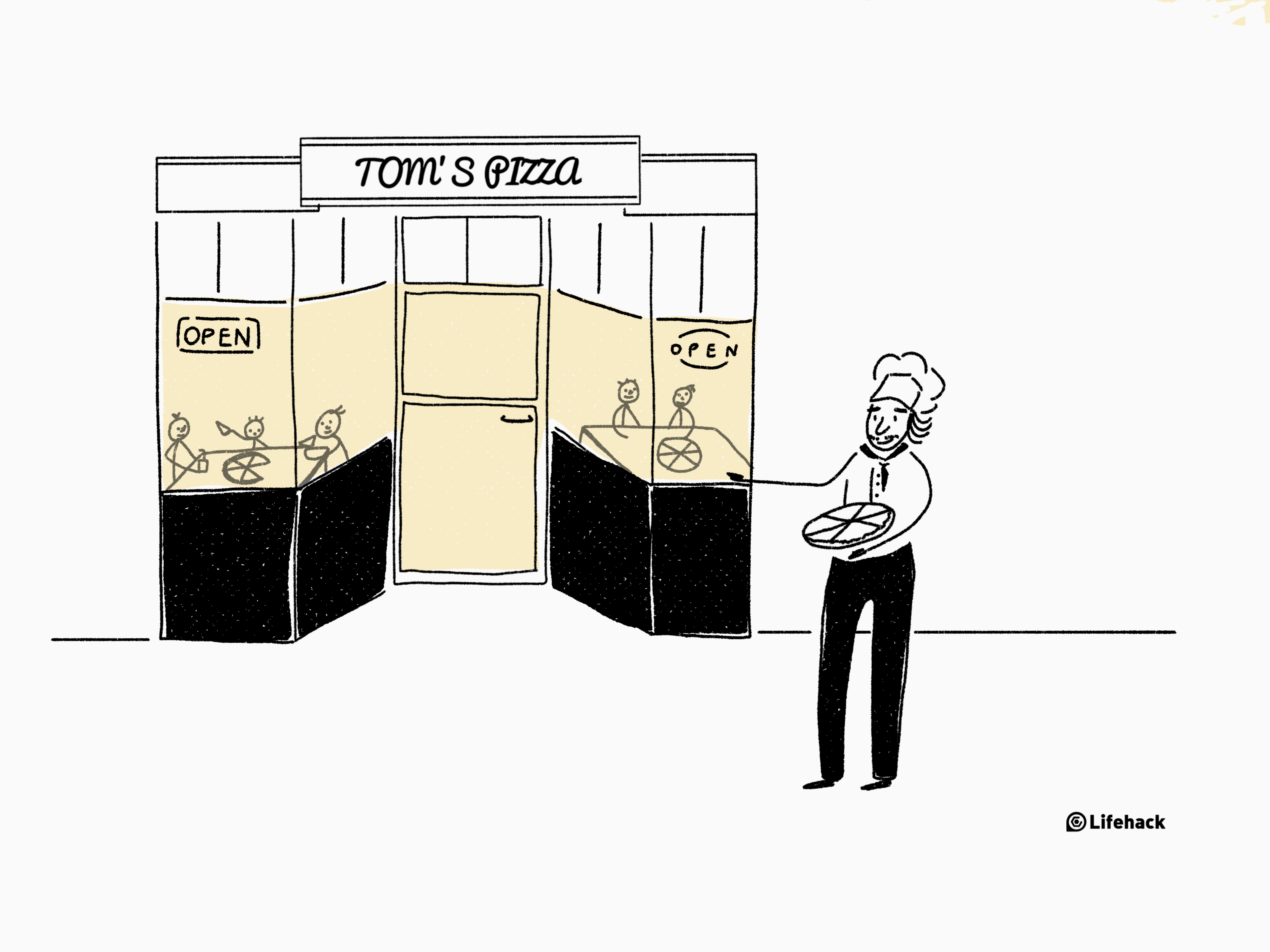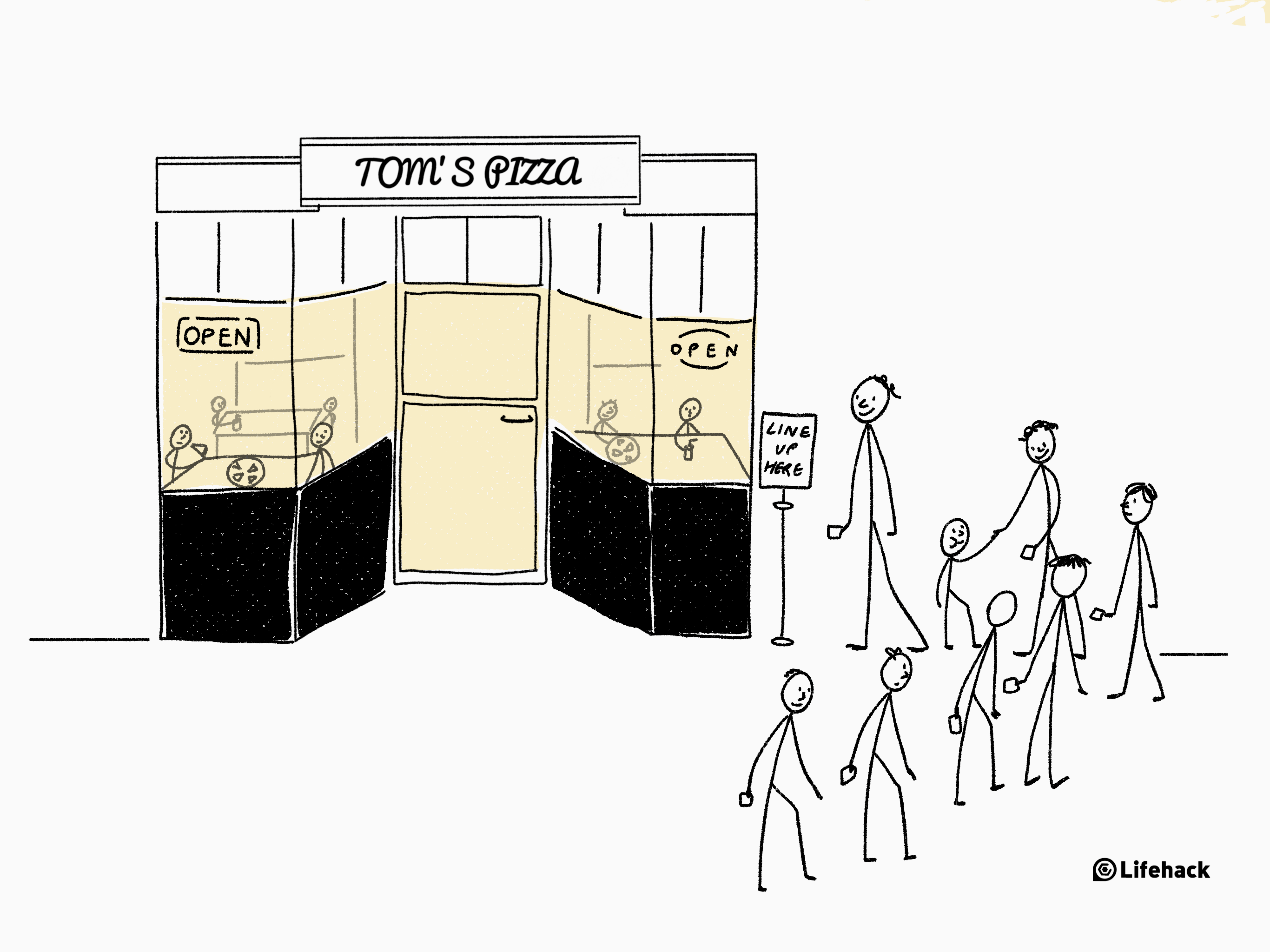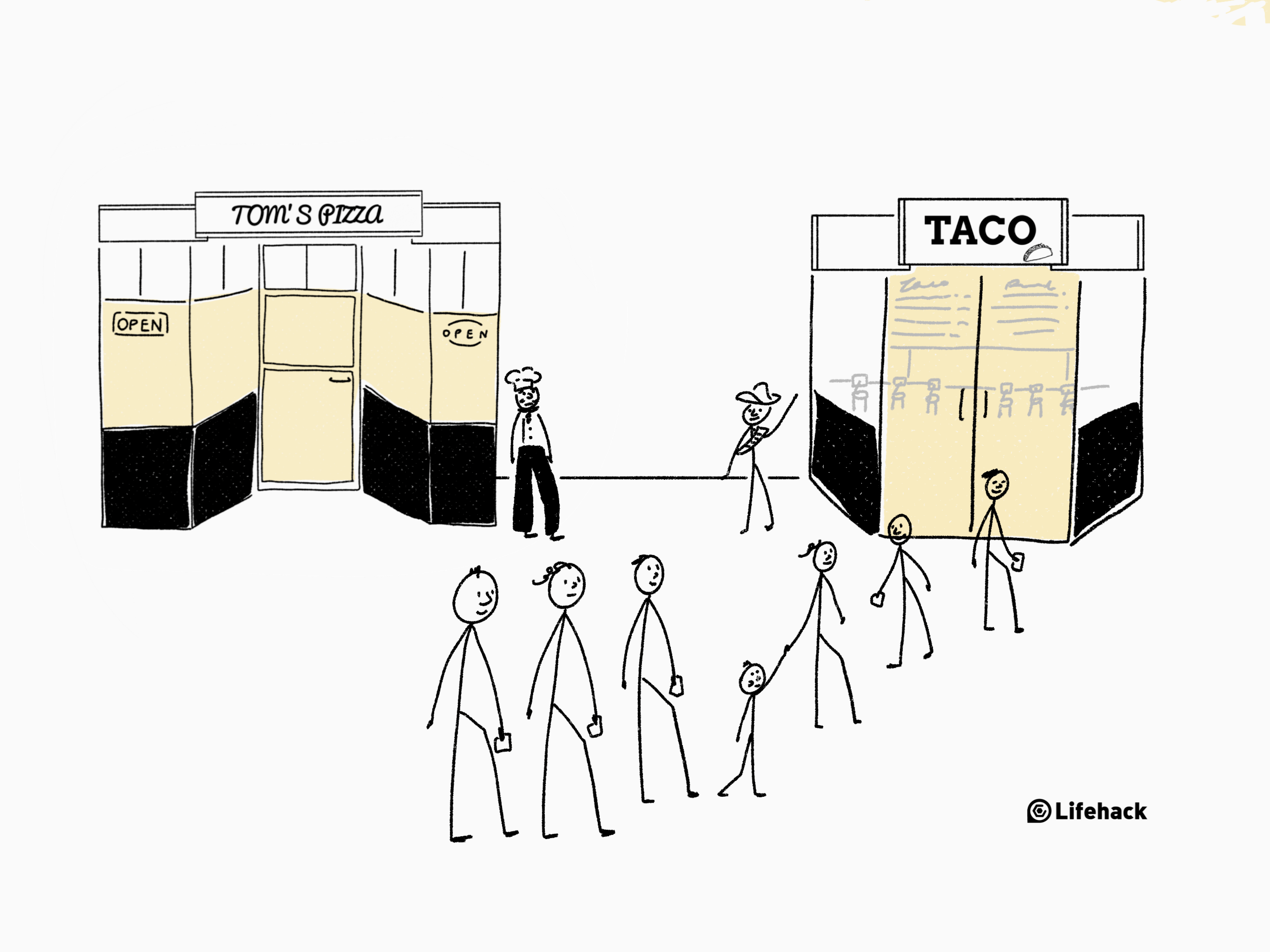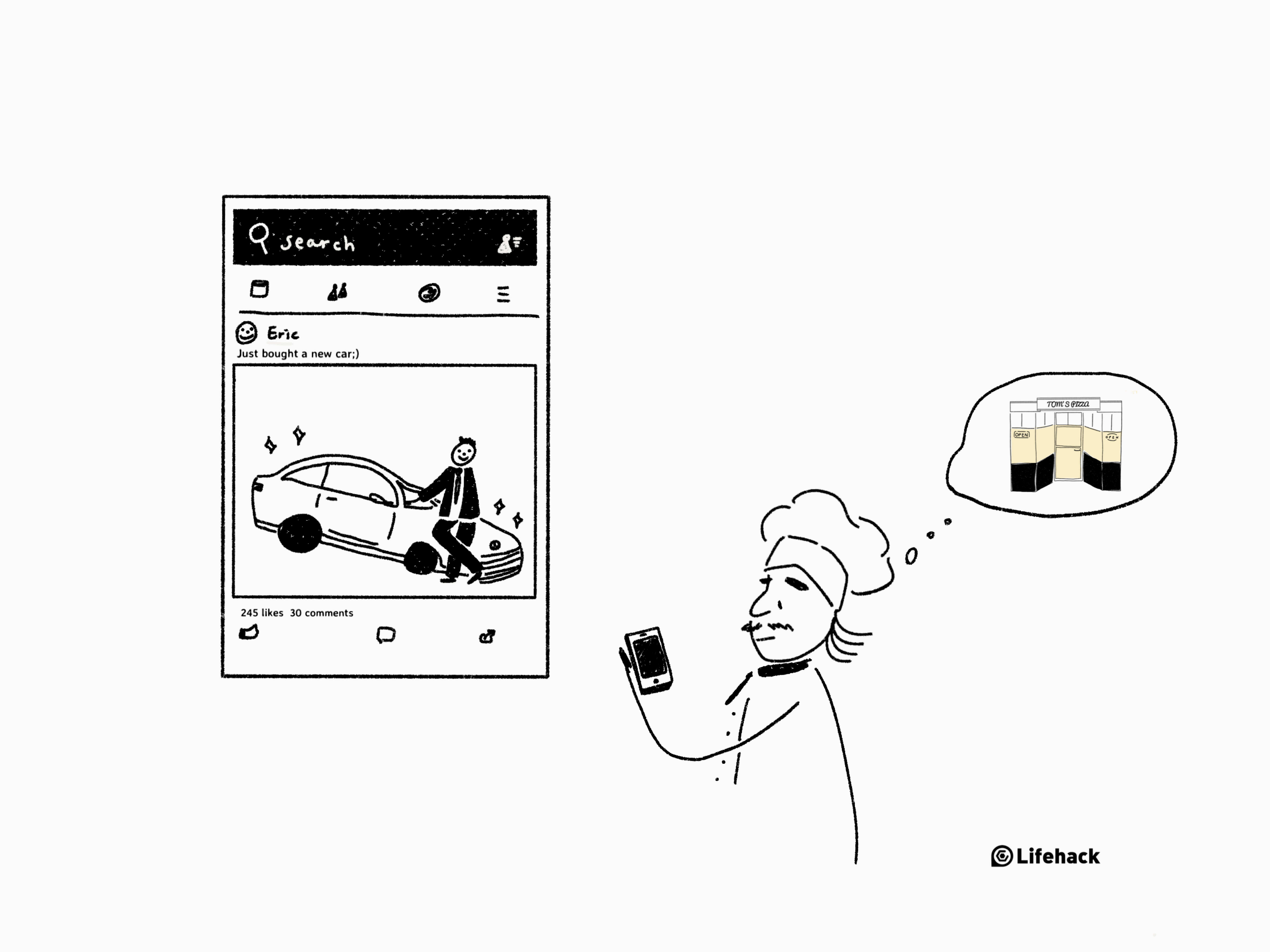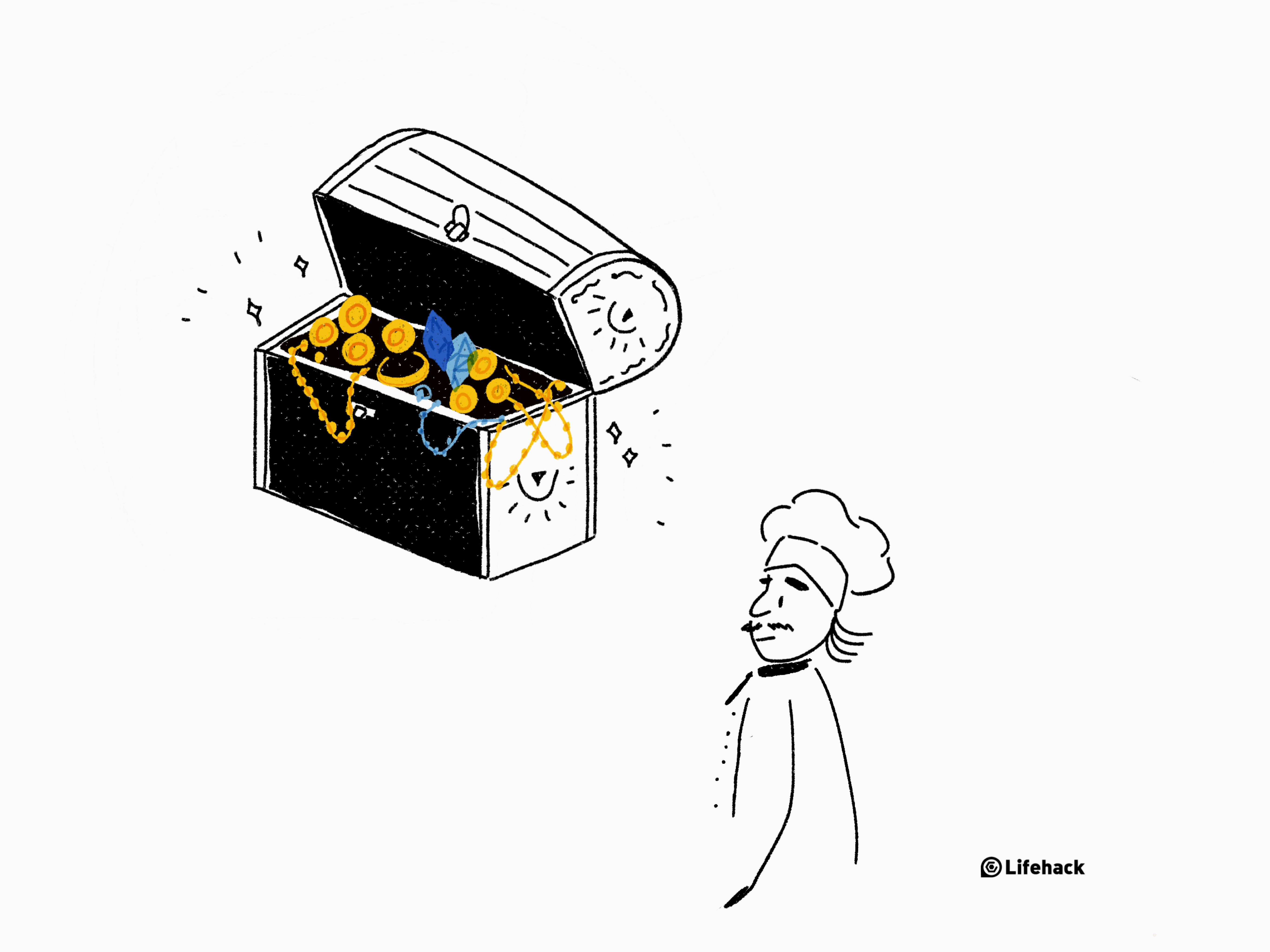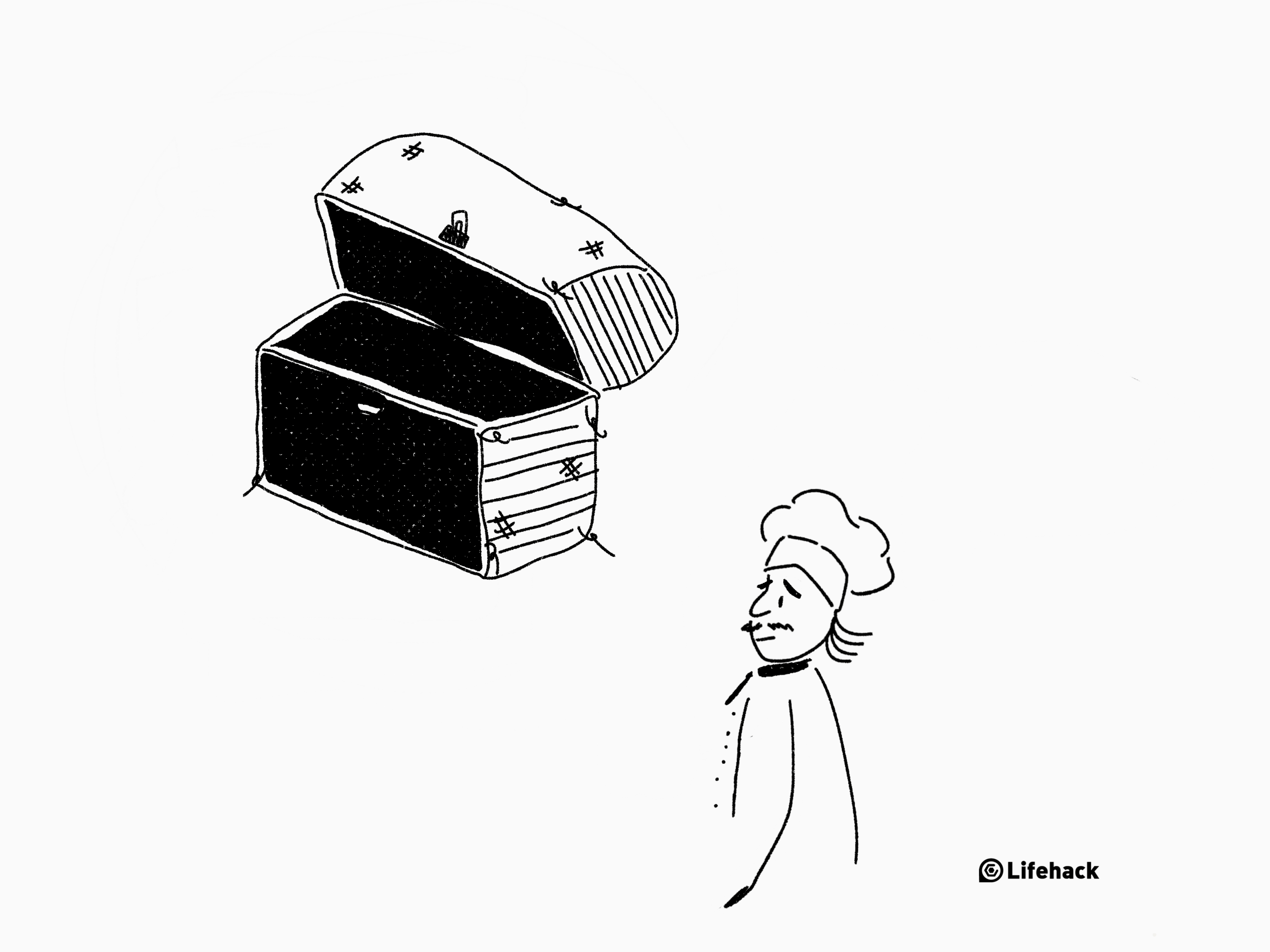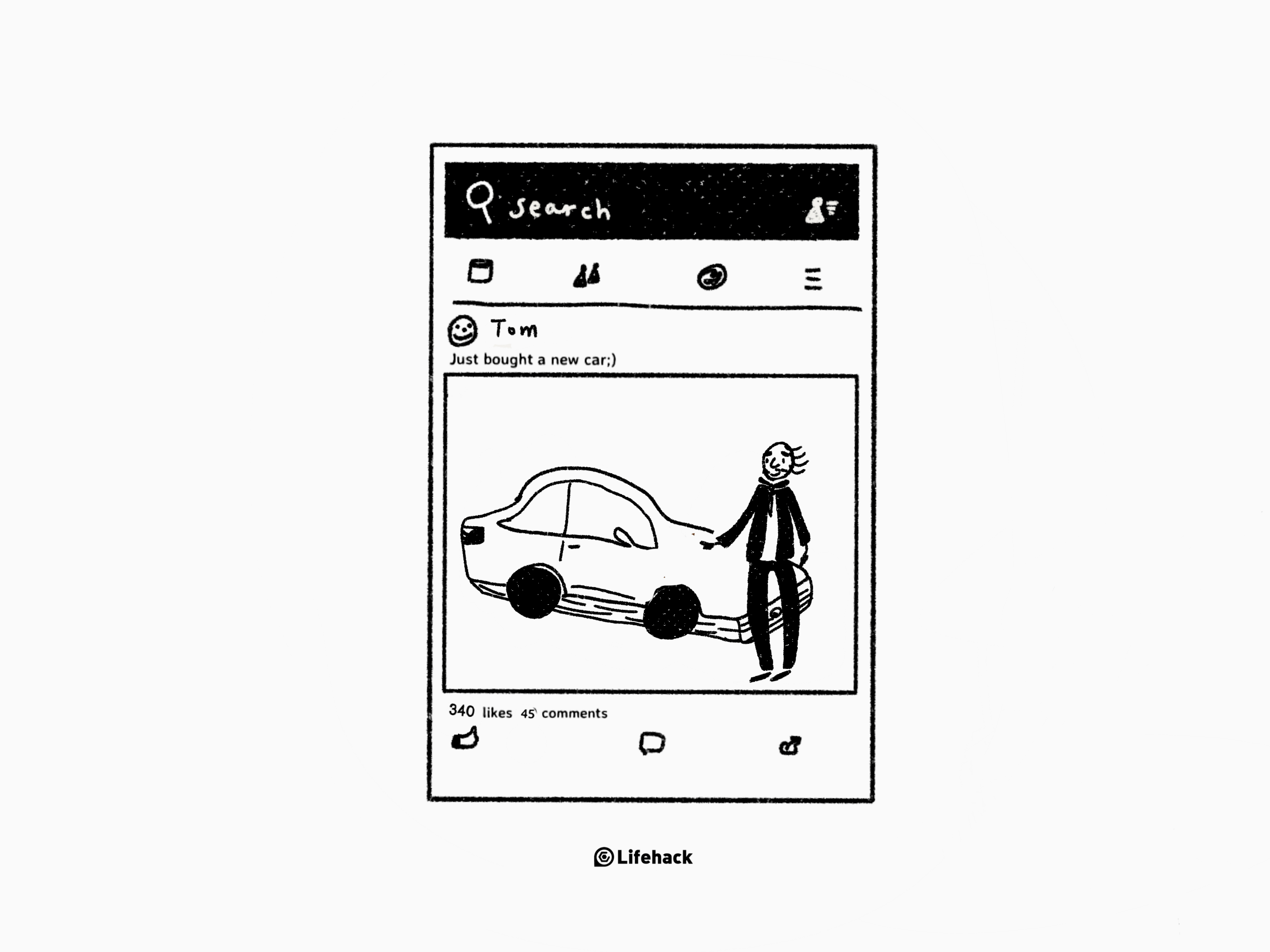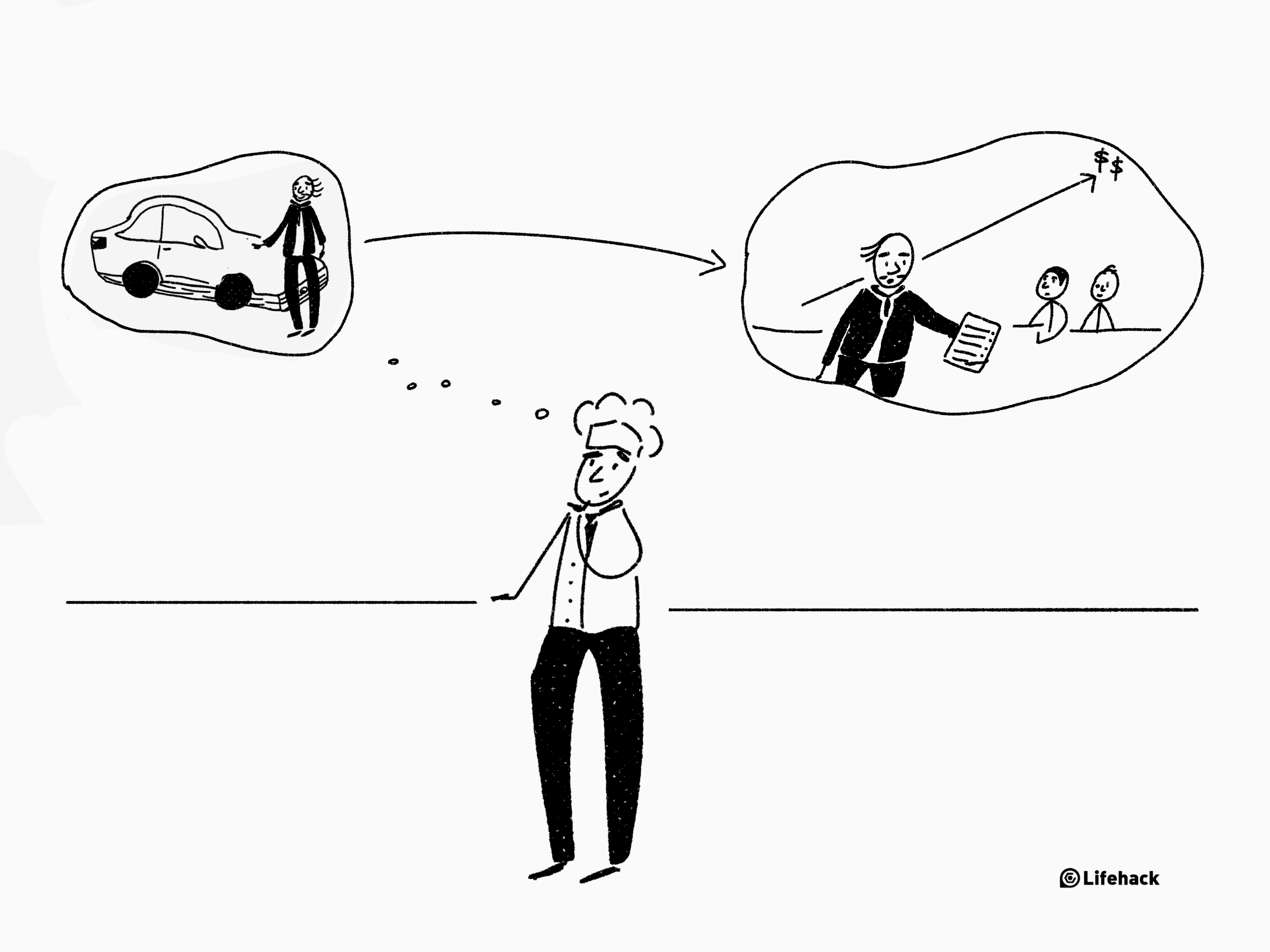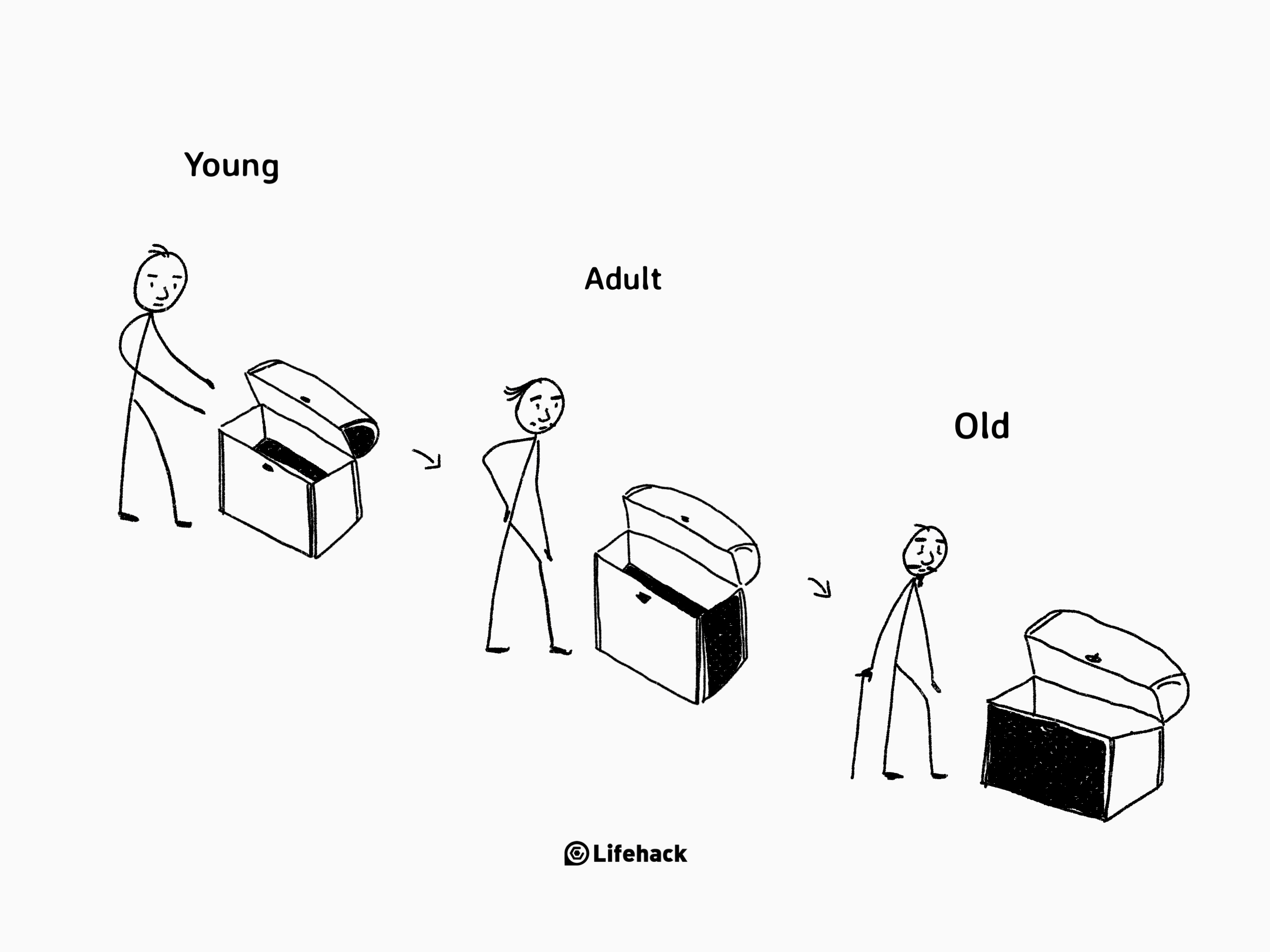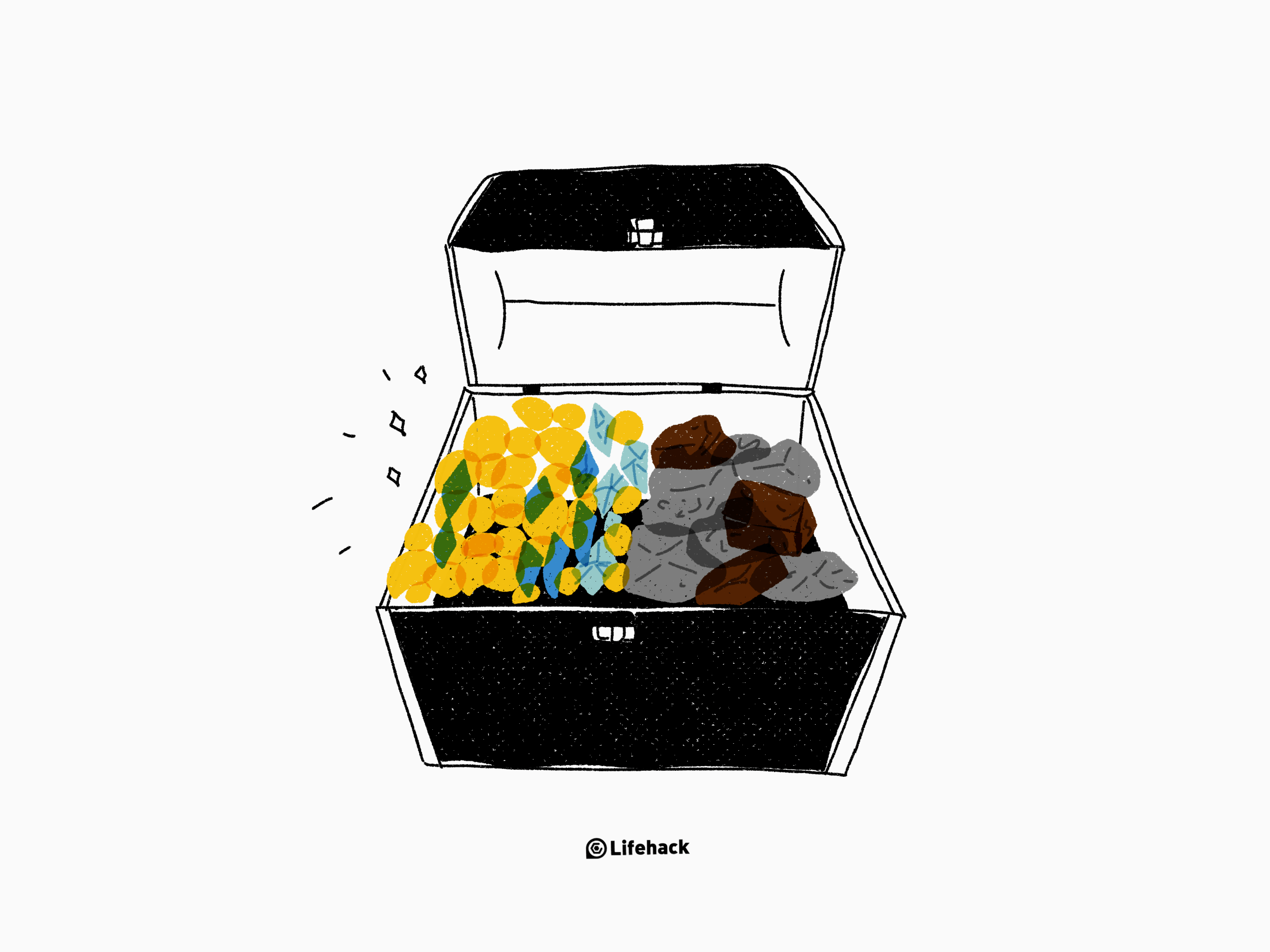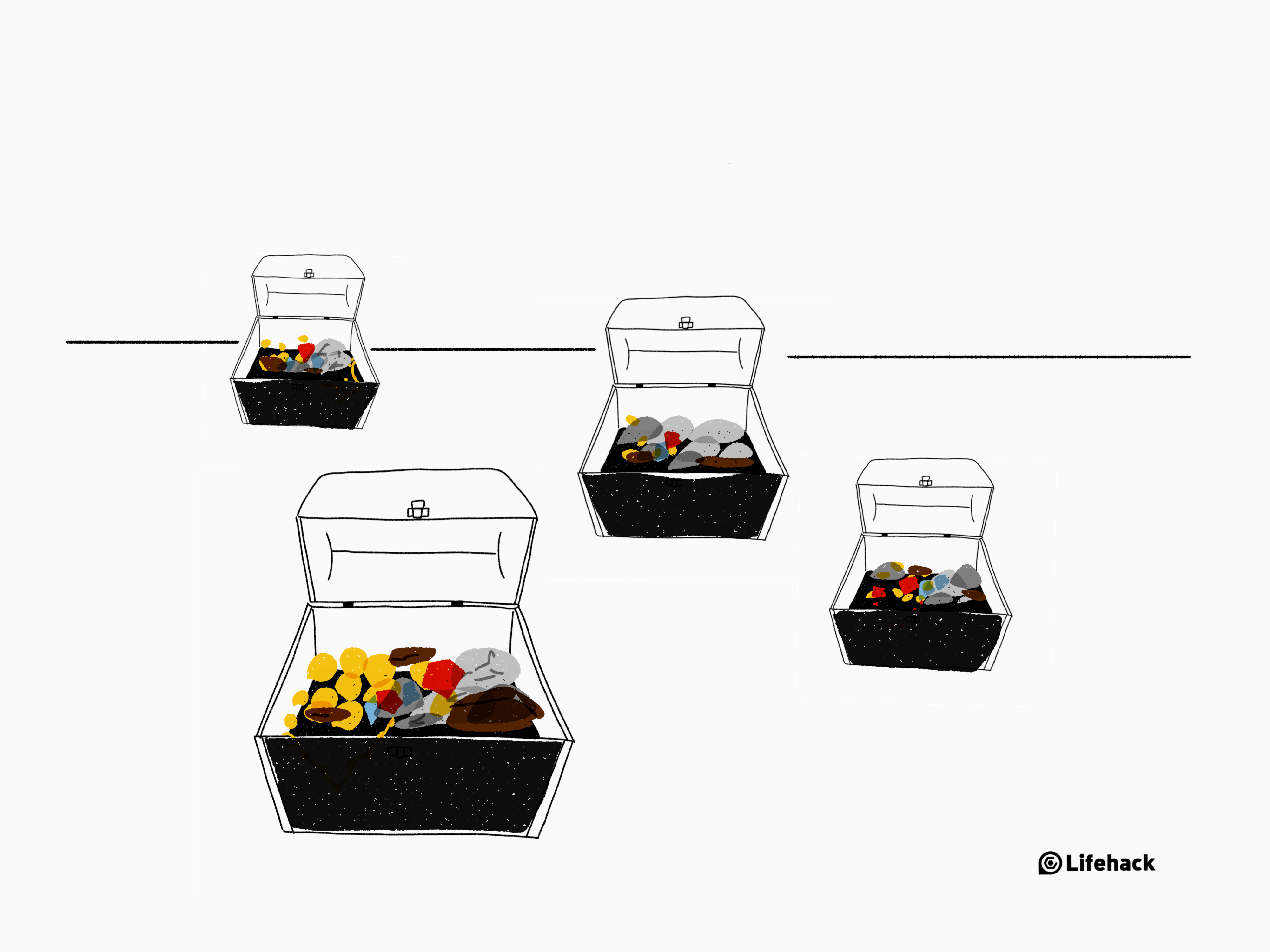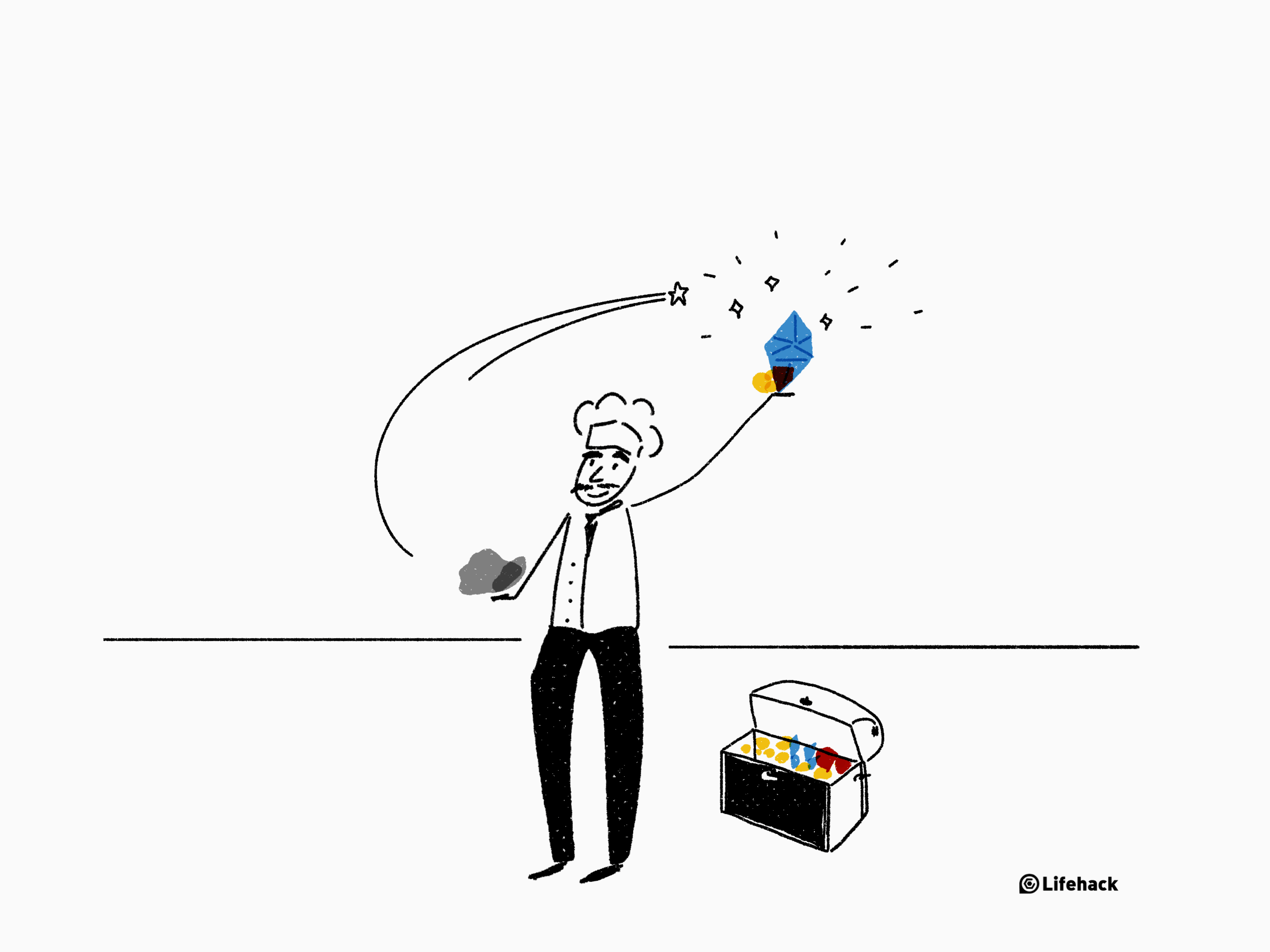Tom’s always liked cooking, and his friends have always backed him up on how good he is — especially some of his homemade pizzas. So he pulled together a few pieces and decided to open a pizza place.
The first year of business was good. Lots of customers went to his restaurant to try his pizzas.
But after a year, a taco place opened up nearby and was becoming popular. Their lines seemed longer and their business seemed more robust.
As this was all happening, Tom was scrolling through Facebook one day. He saw that one of his old friends, who currently works in banking services, just bought himself a new car.
Doubt was creeping in.
“Why do I have to be so persistent in this business?”
“Why can’t this be easier?”
We all do this to some extent: we struggle, we compare to others, and we think about whether we should give up.
Chasing the Perfect Treasure Chest
The perfect treasure chest is a concept many human beings chase. What it means is this: when we don’t have something, we imagine this concept of a perfect treasure chest others may have. The chest is beautiful, ornate, and has all the “right” things inside of it.
We think about our own treasure chest and it seems ugly, faded, and containing metals and stuff with no value.
We are comparing but doing it wrong.
The problem is this: a lot of things we want or see others having (rewards, nice cars, big houses, etc.) can be attained by us too at some point. But once they’re attained, the fantasy associated with them is gone. Once the fantasy is gone, it’s easier to see downsides. This is why many people don’t feel satisfied even when they accrue lots of possessions.
Now let’s turn back to Tom. Tom could get that luxury car.
But he would need to deal with a lot of uncomfortable clients to promote his financial plans to satisfy their clients needs, and do a lot of networking to connect with different business men. It would be a lot of tough work too behind that luxurious car.
Eventually he’ll see the downsides of this car. Once that happens, what will he want? The next perfect treasure chest.
The cycle just keeps going. ON and on. You’ll never find that perfect treasure chest.
What can you do, though?
Embrace the Flawed Chest
Reward is important, but you need to understand the downsides of opportunities too. In reality, every chest contains something you don’t want. Maybe half of them are gold and jewels, and the other half of them are crappy metals.
Look inside any theoretical treasure chest. Some may have more “gold,” others more “diamonds,” and most might have some degree of rusted, crappy metals. The gold is great and seems valuable (huge house, flashy car). But do you really need the “gold” in this perfect treasure chest? Potentially not.
The truly important aspect is looking at the crappy old metals and thinking, “How could these become gold in my eyes?” In other words, what is needed to turn them into new opportunities? How can the downsides become the next upsides?
There are two approaches: you can either ditch the old treasure chest in pursuit of the new perfect chest, but that will become a lifelong circular struggle with no potential resolution.
Or you can figure out what elements of the old chest can be turned into new opportunities, and you might get closer to personal fulfillment.
The Perfect Chest Never Exists, Stop the Endless Chase
Consistently chasing the next beautiful, grandiose thing will not bring you closer to fulfillment. Think more on what you really want, not the flashy elements of the next perfect treasure chest.
You have the ability to make the right choice here. Don’t quit easily. If you choose to pursue a treasure chest, remember that you can learn a lot more from the old, ugly metals than the flashy gold you smile at. The ugly metals are the opportunities you need to grow.
Read more in my other article how to stay motivated all the time: You Can Never Taste the True Value If You Give up Too Early

